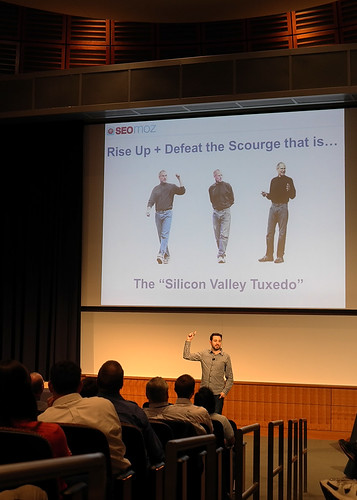All sites can benefit from the ascending traffic that SEO produces, but it's important that you do not dehumanize consumers in an attempt for higher profits. In this article, we'll cover techniques that will allow you to search engine optimize properly.
When selecting a domain name, choose one that is easily remembered and has a name that has something to do with what you are selling. This makes it easy for people to find your site on social media networks as your domain name will be simple to remember.
Take the initiative to request that a non-profit or educational site link back to your site content. Search engines look at results from these sites differently and rank them higher because they are considered reputable sources of information. Publish high-quality info to encourage authoritative websites to showcase your site. Do not fill your site with garbage. Make sure your site has value to others.
Search Engine
Try not to use too much Flash on your site. Flash is slow to load and is unreadable by search engine crawlers, so Flash file text is not going to be indexed. To make a site search engine optimized, the content must be viewable by search engines.
Hone in on one component of your business on each page. Avoid shoving too many things on one post or page. This can easily overwhelm your page visitors and cause them to turn away from your page. With a single focus page, you will have greater results.
If you host video or audio content on your website, try to include transcripts. Search engines can then use those to easily find your content and place you in search results.
Make a sitemap for your viewers, and include your keywords a few times. A site map basically shows all the areas available to viewers on your websites, and provides an easy access point to find what they are looking for. Site maps are also useful indexing tools for search engines, as accessibility is a highly desirable trait.
Always try and generate new content as often as you can. Commit yourself to publishing a certain number of stories each week. Search engines value websites that update their pages with new and relevant information over websites that are mostly stagnant and contain the same old content. Websites that have a steady stream of new content generally rank higher in search results.
Title Tag
Create a good title tag. The title tag is often the first thing website viewers see when visiting. This description must be unique and contain valid keywords pertaining to your site. You should also make sure that it is not too lengthy.
There is room for improvement on every website. After you realize this and start identifying problems, you will be able to create an optimal site. Don't ever stop improving your SEO results.
Javascript within your page is an option, though not all search crawlers handle it well. It's your choice, of course, but just know that not all search engines will find your site easy to crawl.
The first sentences of an article should have terms that can also be usable as a HTML META descriptor tag. Some engines use these words to tag the content of your page. Badly written content here is not going to fare well for you.
It should go without saying that original content beats out copied content in the SEO wars. To bring users to your site, you need content that's unique and interesting. Consumers will stick around and come back for more if they see unique content on your page.
Give your articles keywords to improve your SEO. If certain keywords are scattered throughout your articles, then search engines will pay greater attention to them. Good keywords help make your articles more visible. As a rule of thumb, your keyword should appear in the title, the summary, and about four or five times in the main body.
As you work to optimize your site for search engines, it is important to make the most of social networking sites as well. Direct communication with your customers is always a positive thing, and programs like Facebook and Twitter will allow you to do exactly that.
SEO should be focused on phrases instead of isolated keywords. Do you search for just "books" or "cars"? The phrases should match keywords your potential audience will use. Use localized information. " rather than "we are hosting a special event! "
If you changes hosts, ask if the host will forward your current pages to the new domain. This facilitates user access to a new website from the old bookmark. If your host will not do this, place an automatic redirect on your old site to get users to your current domain.
There are both good and bad techniques. Avoid being blocked by search engines and increase your visibility with these tips.


